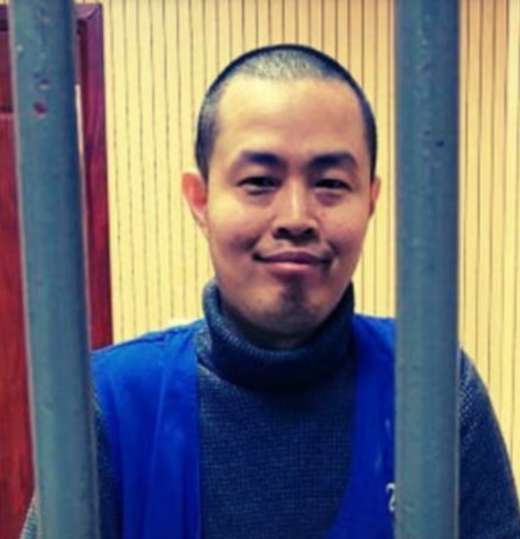Chinese Filmmaker Imprisoned for COVID-19 Documentary
Chen Pinlin, a filmmaker who documented China’s “White Paper Movement” protests against stringent COVID-19 lockdowns, has been sentenced to three and a half years in prison by a Shanghai court. His documentary, “The Road of Urumqi Middle Road,” captured the public outcry following a deadly fire in Urumqi, Xinjiang, where lockdown measures were blamed for hindering rescue efforts and exacerbating the tragedy. The fire ignited widespread demonstrations across China, with protesters holding blank sheets of A4 paper, symbolizing their resistance against censorship and their unspoken grievances against the government’s handling of the pandemic. Chen’s film became a poignant record of these events, documenting both the suffering endured during lockdowns and the subsequent wave of public dissent.
The court’s decision to sentence Chen for “picking quarrels and provoking trouble,” a charge frequently used to silence dissent in China, has been widely condemned by human rights organizations and international observers. The sentence surpasses the initially agreed-upon two-year term in a pre-trial agreement, with the court citing Chen’s “bad attitude” as justification for the harsher punishment. This justification has been dismissed by critics who view the trial and sentencing as politically motivated, aiming to suppress the narrative captured in Chen’s film. The documentary’s portrayal of the protests, including calls for political change, is believed to have touched a sensitive nerve within the Chinese government, leading to the retaliatory measures against the filmmaker.
The “White Paper Movement” emerged as a significant expression of public discontent in China, challenging the government’s narrative and control over information. The blank sheets of paper became a potent symbol, allowing protesters to express their dissent while circumventing direct confrontation with authorities. Chen’s film captured this unique form of protest, preserving a historical record of a moment of significant social and political upheaval in China. The film serves as a testament to the public’s frustration with the prolonged and often draconian lockdown measures, highlighting the human cost of these policies.
The sentencing of Chen Pinlin is seen as a stark warning to other filmmakers and artists in China, signaling the government’s intolerance towards any form of creative expression that challenges its authority or exposes uncomfortable truths. The move has been interpreted as a further tightening of the already restrictive environment for freedom of speech and artistic expression in the country. By making an example of Chen, the government aims to deter others from documenting sensitive events and expressing dissenting views. The case highlights the precarious position of artists and journalists operating within China’s heavily censored media landscape.
The international community has expressed strong condemnation of Chen’s sentencing, viewing it as a blatant violation of fundamental human rights and a clear attempt to stifle freedom of expression. Human rights organizations have called for Chen’s immediate release and urged the Chinese government to respect the right to freedom of speech and artistic expression. The case has drawn attention to the ongoing human rights concerns in China, particularly the government’s suppression of dissent and its intolerance of critical voices.
The sentencing of Chen Pinlin represents a significant setback for freedom of expression in China and underscores the challenges faced by those who dare to document and critique the government’s actions. The case serves as a stark reminder of the ongoing struggle for human rights and the importance of protecting the right to freedom of speech and artistic expression. It also highlights the power of documentary filmmaking as a tool for social change and the risks filmmakers take in exposing uncomfortable truths in repressive environments. Chen’s film, though suppressed, stands as a testament to the resilience of the human spirit in the face of adversity and the unwavering pursuit of truth and freedom.
Share this content:












Post Comment